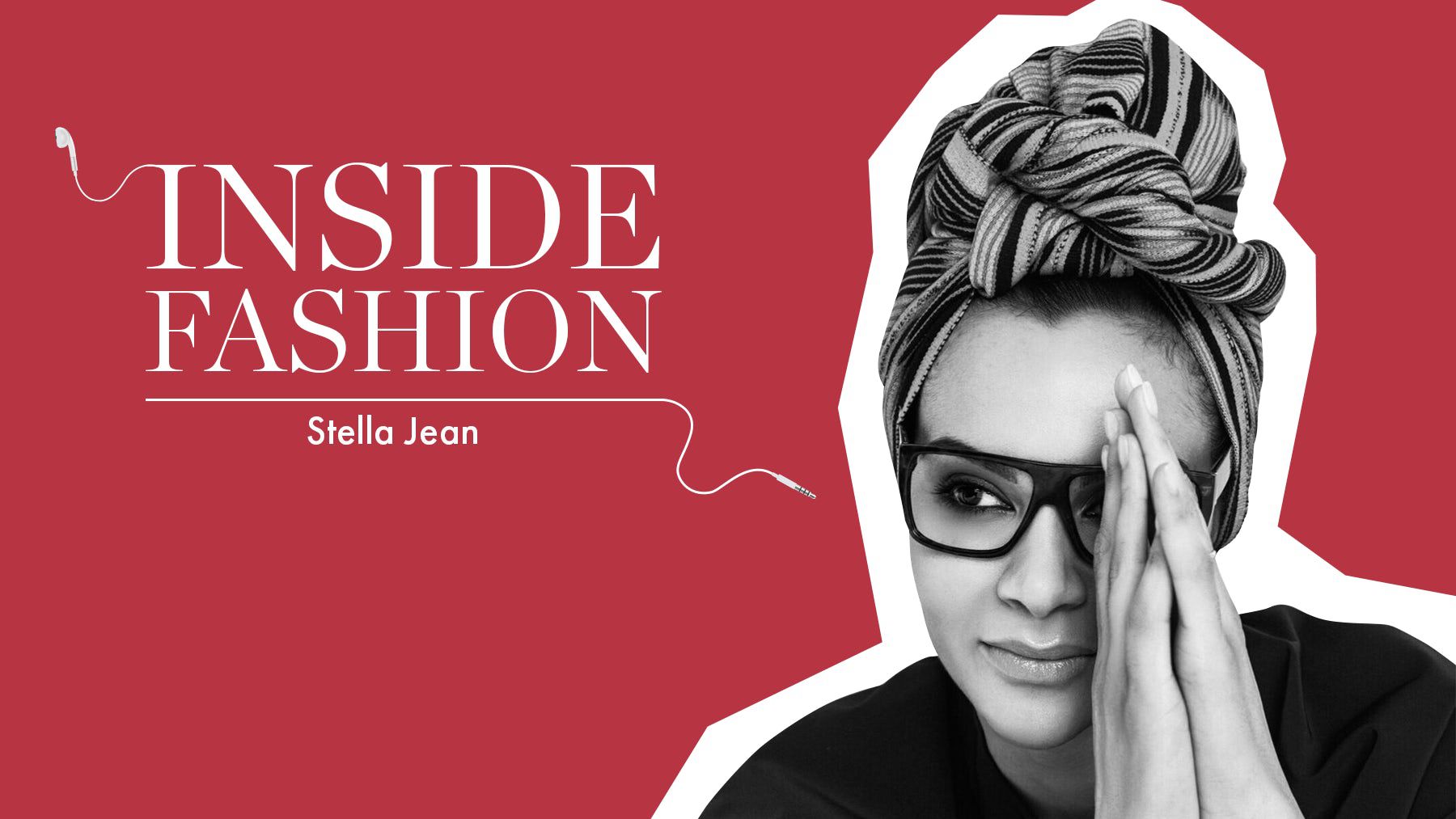
To subscribe to the BoF Podcast, please follow this link.
LONDON, United Kingdom — For designer Stella Jean, enough is enough. “It’s time to turn the page” and demand fashion reform, she said. Last month, alongside Milan-based designer Edward Buchanan, Jean issued letters to Carlo Capasa, president of the Camera della Moda, and to the organisation’s 14 executive members in what Jean described as “an historical appeal to bring to the forefront for the first time in our history, the paradoxical taboo topic of racism in Italy… and also to support Black designers who are still invisible in the business of Italian fashion.”
In the latest episode of The BoF Podcast, Jean sat down with BoF Founder and Editor-in-Chief Imran Amed to share her personal history growing up the daughter of a Haitian mother and Italian father, discuss the systemic racism within Italy’s fashion sector and focus on fostering change.
- The self-taught designer, whose clothes have been worn by the likes of Beyoncé, Rihanna and Zendaya, called out fashion giants for making “performative gestures of public support” regarding racism in America, while simultaneously “overlooking what is happening to the Black minority in their own country among its workforce.” During the virtual call with Amed, Jean shared that she had received a letter from Capasa regarding the creation of a new unit in the Italian fashion council to tackle racism within the sector. Jean hopes that this will transform her question “do Black lives matter in Italian fashion?'” into the statement “Black lives matter in Italian fashion.”
- In order to effect change, fashion leaders and executives must have an open discussion about what more can be done to boost diversity within their organisations, Jean said. While brands rushed to post black squares on social media, Jean urged leaders to first address the lack of diversity within their corporate structures. “[Brands] have long preached multiculturalism but have rarely applied such concepts beyond the media window… [and] in the spaces away from the spotlight where no one is watching,” she said. “[This is a] wound that we have ignored for far too long… If you don’t understand that awareness is the first step in solving the problem, this wound will never heal.”
- For Jean, who founded the sustainable development initiative Laboratorio delle Nazioni, growing up in the 1980s “and struggling [with] being so diverse from [her] fellow citizens has motivated [her] to find a way to show people not to be afraid of different cultures and colours, but instead to see them… as a chance to grow better and together.” Jean recognises fashion as a tool that can offer fair and equitable opportunities for people in low-income countries. When Jean creates a collection she meets and works with various artisans in countries like Peru, Haiti, Burkina Faso, Mali or Pakistan for example, researching and learning about the local indigenous skills to then create a textile or garment, combining the country’s traditional craftsmanship with Italian design. “The beauty of fashion is it has no borders,” Jean said.
Related Articles:
[ Op-Ed | Fashion Is Part of the Race Problem ]
[ Op-Ed | Inclusivity Demands More Than a Show ]
Watch and listen to more #BoFLIVE conversations here. To contact The Business of Fashion with comments, questions or speaker ideas please e-mail [email protected].


